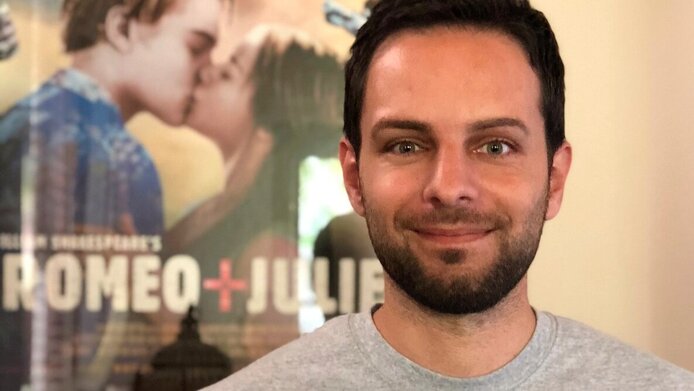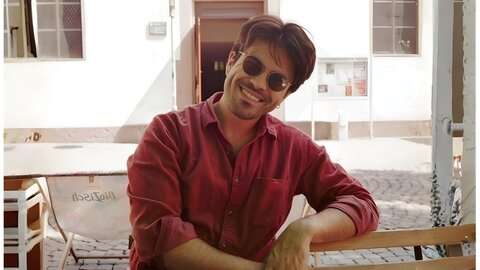Now tell me, how do you feel about morality?

I will readily admit that I was drawn to the port city of Charleston in the US state of South Carolina not only for academic reasons. Palm trees, beach promenades, colourful colonial-style houses, art festivals, blue skies nearly every day – the town offers a long list of attractions. This rich supply of beauty and culture actually had a big impact on my stay. But my FWF-funded Schrödinger fellowship turned out to be just as enriching in scientific terms.
Philosophy meets psychology
My current research concerns the field of moral psychology. In particular, I am interested in how philosophical laypeople view the objectivity of morality. Do they believe that some actions are intrinsically right or wrong, regardless of what we think about them? Or do they refute the existence of any such objective basis, for instance by regarding moral values as relative to our own individual or shared beliefs? The most fruitful approach is to examine questions of this kind from an interdisciplinary perspective. One of the leading researchers in the field of so-called moral psychological objectivism is the psychologist Jen Wright from the College of Charleston. After we had already exchanged ideas from time to time during my doctorate studies, she readily agreed to supervise my Schrödinger project.
The joint research with Jen Wright gave me valuable insights into the methods, potential and limits of psychological studies. As I had hoped, our cooperation also furnished exciting results. Unlike earlier research, our newly developed studies suggest that US Americans, for example, tend towards non-objectivism. In their opinion, an action is morally right or wrong if we as individuals or as a community consider it morally right or wrong.
Expanding horizons
The results that Jen Wright and I obtained soon aroused the interest of other researchers. Hence, I also used my stay in the USA for one or two brief visits elsewhere. Among other things, I gave lectures at the universities of Harvard, Yale and Princeton and carried out smaller research projects at the latter two. In the course of time, my fellowship proved to offer very fertile ground for promising, unpremeditated ideas. I explored, for instance, how a researcher in the field of experimental philosophy can deal with distracted subjects in surveys and what the impact would be on the programming of self-driving cars if moral cultural relativism were the accepted truth. Right now, I'm working with Jen Wright and a colleague from the University of Graz to investigate unconscious associations people may have with regard to morality and objectivity. Despite my intensive and productive research, there was still plenty of time for things outside of work during my stay in Charleston. I already rhapsodised about the charms of this town here at the outset. Over and above that, I also witnessed two approaching hurricanes and I became the college’s table tennis champion. What I found most interesting and memorable, however, was my progressively sharpening awareness of the cultural differences between the USA and Austria (which go so much deeper than one might think at first).
New horizons
Immediately after my return phase at the Institute of Philosophy at the University of Graz, I will take up a post there as a postdoctoral university assistant. My Schrödinger fellowship will definitely leave a lasting positive impression, both from a professional and personal point of view.











